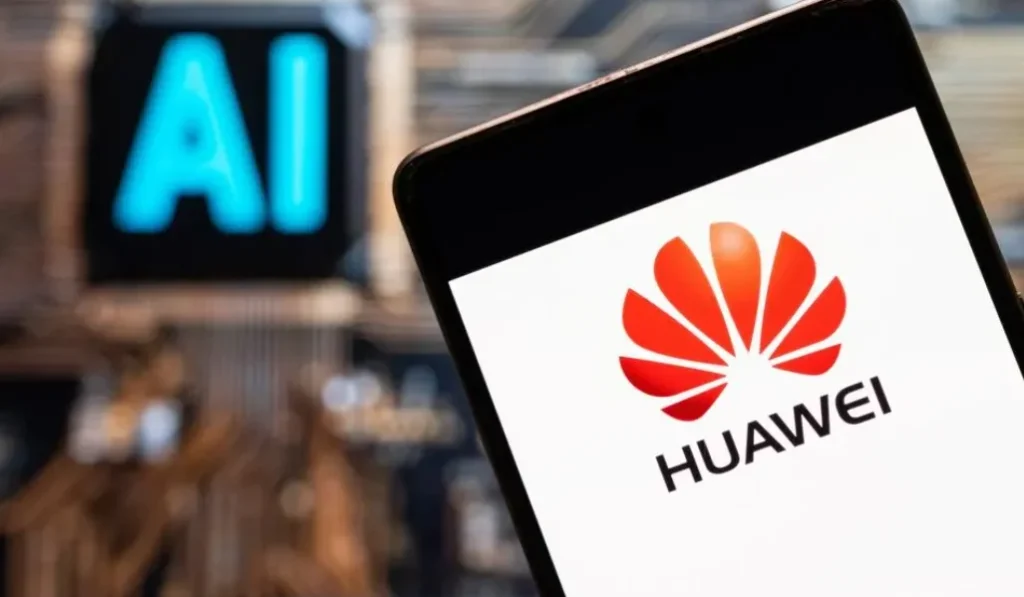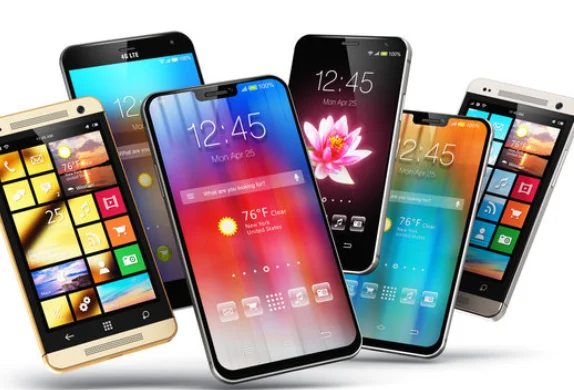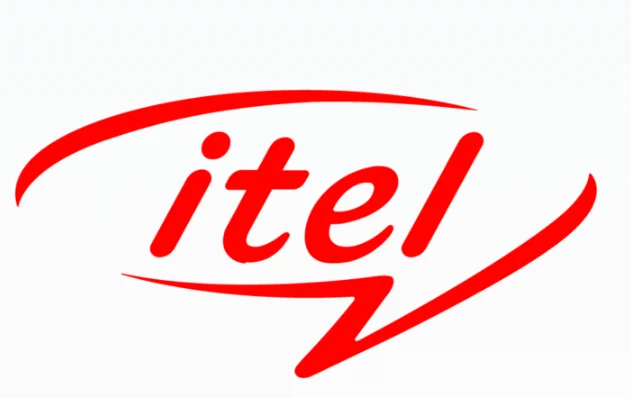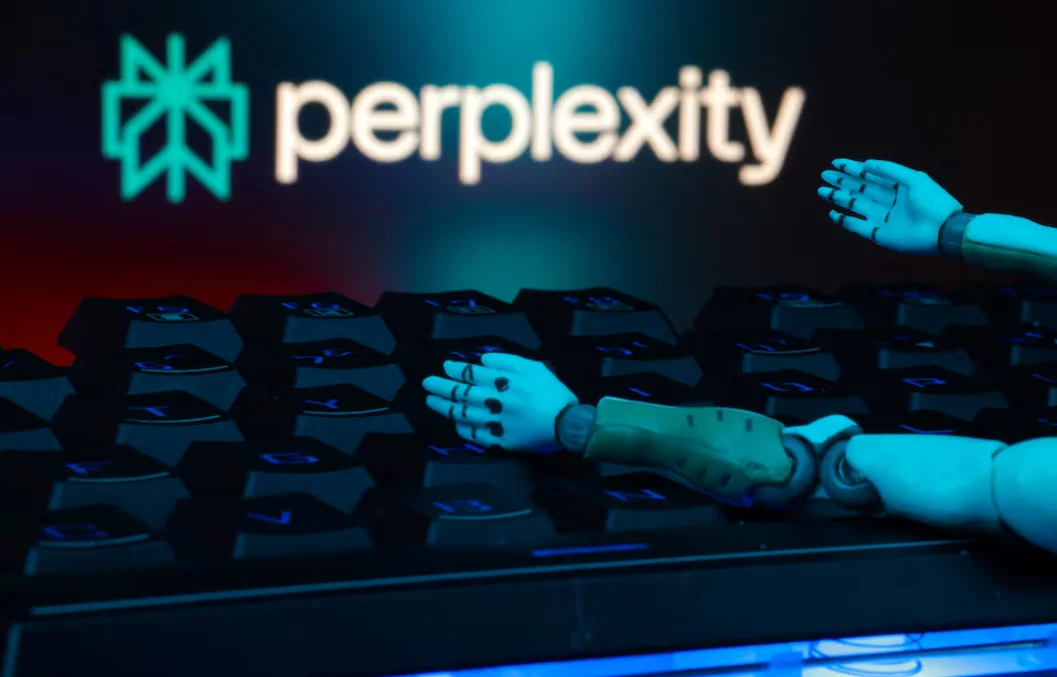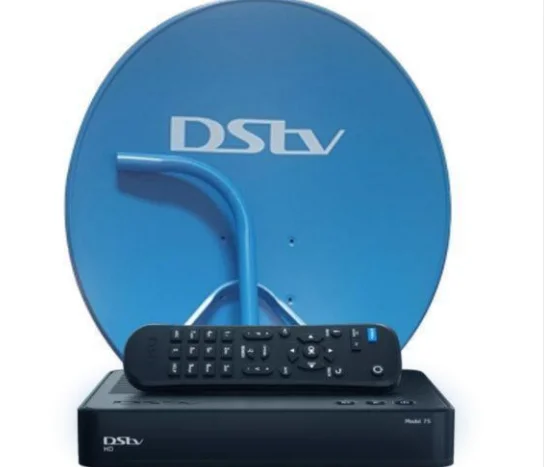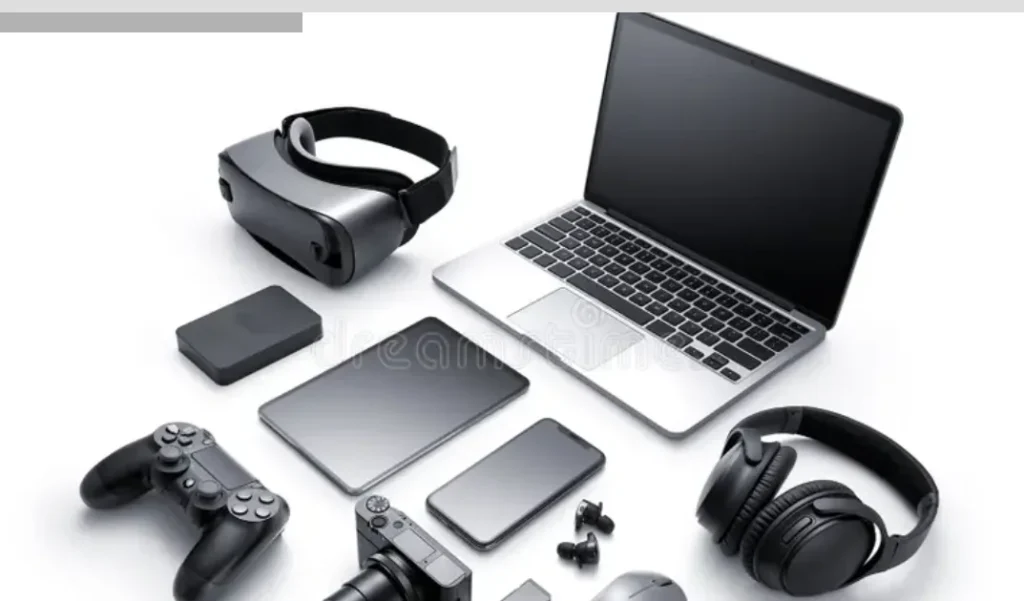In a significant move to rival global tech giants, Huawei launched two new laptop models, the MateBook Fold and MateBook Pro, powered by its own HarmonyOS 5. This marks the first time Huawei’s proprietary operating system, previously used on smartphones and TVs, has made its debut in laptops.
Huawei is positioning these releases as a strategic leap forward, aiming to reduce its dependence on U.S. technologies like Microsoft’s Windows and Apple’s macOS, which have long dominated the global computer operating system market.
“The Harmony laptop gives the world a new choice,” said Yu Chengdong, CEO of Huawei’s consumer business group, during a livestreamed launch. “We kept on doing the hard things but the right things.”
New HarmonyOS Laptops: Foldable and Premium Designs
The MateBook Fold, Huawei’s flagship model, boasts an 18-inch OLED double screen and comes without a physical keyboard. It retails for 23,999 yuan (approx. $3,328). Meanwhile, the more conventional MateBook Pro, featuring a standard keyboard layout, starts at 7,999 yuan.
Both devices run HarmonyOS 5, which Huawei began developing in 2015 and first introduced in 2019 on its Mate series smartphones. Laptop prototype development started in 2021 as part of Huawei’s broader effort to create self-reliant alternatives in the face of U.S. trade sanctions that have limited its access to advanced chips and software since 2019.
HarmonyOS Ecosystem Continues to Grow
HarmonyOS now supports over 150 applications, including WPS Office (a Chinese alternative to Microsoft Office) and Meitu Xiu Xiu for photo editing. Huawei reports that more than 7.2 million developers are building applications for HarmonyOS, which has already been installed on over 1 billion devices, spanning smartphones, smart TVs, and now, PCs.
Huawei did not specify the processor used in laptops but cited high chipset manufacturing costs as a factor behind the devices’ premium pricing. The U.S. has tightened restrictions on Huawei’s chip supply chain, revoking licenses from companies like Intel and Qualcomm that previously supplied laptop components.

